Foreign Objects 1: What’s This Doing Here?

Writer and translator Elizabeth T. Gray explores the history and function of foreign objects in poetry.
Jump to navigation Skip to content
In our weekly series of craft essays, some of the best and brightest minds in contemporary literature explore their craft in compact form, articulating their thoughts about creative obsessions and curiosities in a working notebook of lessons about the art of writing.

Writer and translator Elizabeth T. Gray explores the history and function of foreign objects in poetry.
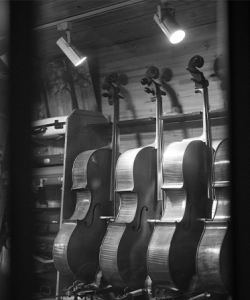
The author of Duet for One (Regal House Publishing, May 2025) recommends rigorous revision strategies as writers polish their manuscripts.
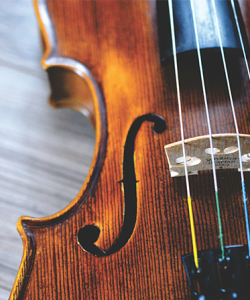
The author of Duet for One (Regal House Publishing, May 2025) recommends writers research vocabularies specific to their characters’ lives to ensure the novel’s world feels believable.

The author of Duet for One (Regal House Publishing, May 2025) recommends writers discover their structure as they write.
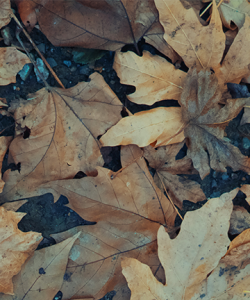
Jehanne Dubrow encourages writers to provide varied points of entry into books on trauma to give readers breathing room and keep them engaged.

Author Jehanne Dubrow recommends rituals to help protect yourself when writing about trauma.

Jehanne Dubrow offers advice to writers wondering whether they are ready to process traumatic experience on the page.

The author of Spring, Summer, Asteroid, Bird (Norton, 2025) encourages writers to consider a deeper definition of diversity and embrace alternative storytelling styles and structures.

The author of Spring, Summer, Asteroid, Bird (Norton, 2025) recommends writers embrace circuitous storytelling structures, typical of nonwestern literature.

The author of Spring, Summer, Asteroid, Bird (Norton, 2025) encourages writers to introduce a surprising element more than halfway into their storytelling structure.

Oral historian Nyssa Chow considers the nested memories she belongs to, and invites readers to do the same.

Oral historian Nyssa Chow considers how small routines and rituals tell larger stories.
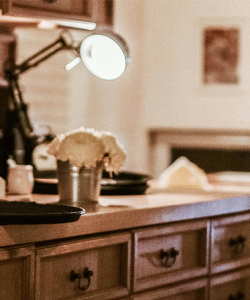
Writer and scholar Rebecca Rainof offers advice on writing about family by considering how “pockets of place can convey a larger sense of home.”

Writer and scholar Rebecca Rainof offers advice on how to write about family by considering lessons learned over a lifetime.

Writer and scholar Rebecca Rainof offers advice on how to write about family by imagining fictive dialogues.
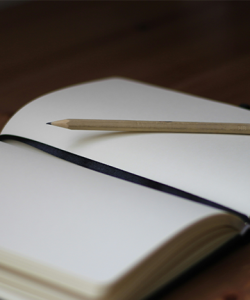
The author of Mothertrucker: Finding Joy on the Loneliest Road in America (Little A, 2021) offers advice on how to make a personal narrative resonate with the wider world.

The author of Mothertrucker: Finding Joy on the Loneliest Road in America (Little A, 2021) offers advice on how to approach editing the endings of essays.

The author of Mothertrucker: Finding Joy on the Loneliest Road in America (Little A, 2021) offers advice on how to approach editing the beginnings of books and essays.

The author of Amphibian (Ig Publishing, October 2024) considers what films can teach us about writing adolescent characters.

The author of Amphibian (Ig Publishing, October 2024) applies lessons in magical realism and metaphor from film to fiction.

The author of Amphibian (Ig Publishing, October 2024) contemplates how lessons in screenwriting can be applied to fiction.

The author of The Body Alone: A Lyrical Articulation of Chronic Pain offers advice on submitting and publishing hybrid work.

The author of The Body Alone: A Lyrical Articulation of Chronic Pain contemplates how hybrid writing can capture ongoing stories without neat endings.

The author of The Body Alone: A Lyrical Articulation of Chronic Pain contemplates how hybrid writing can capture the nonlinear chronology of pain.

The author of Us From Nothing offers an exercise to enhance the body’s role in the act of writing.